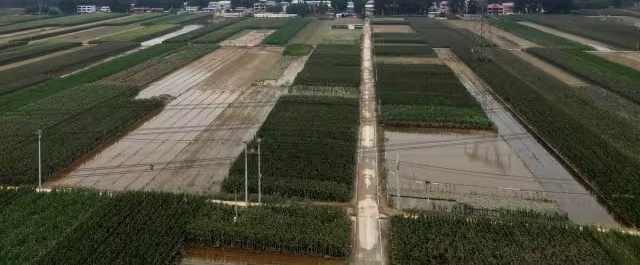Free Courses Sale ends Soon, Get It Now


Free Courses Sale ends Soon, Get It Now



Disclaimer: Copyright infringement not intended.
Context
China's "sponge city" initiative and its efforts to address the challenges posed by urban flooding and water management.
Details
Background and Rationale
Implementation and Progress
Limitations of Sponge Cities
|
PRACTICE QUESTION Q) Which of the following statements about China's "sponge city" initiative is true? A) The initiative was launched to promote water-intensive industries in major cities. B) "Sponge City" projects focus solely on using impermeable concrete to manage rainfall. C) The main goal of the initiative is to address traffic congestion in urban areas. D) The initiative aims to improve flood resilience and water management through nature-based solutions. Answer: D |
© 2024 iasgyan. All right reserved